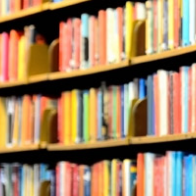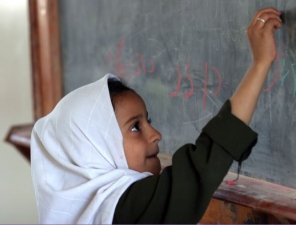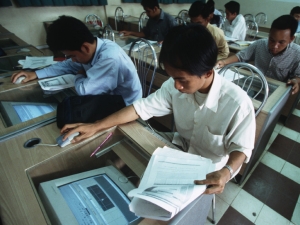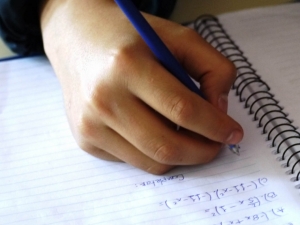An interesting paradox in education is that having increasingly greater amounts of research and knowledge on how we learn does not naturally make us better at teaching and learning. The knowledge must first be accessed from the research settings where it is generated and must then be appropriately translated to be useful in policy and practice settings. Subsequently, this knowledge must be managed and organised so that it is accessible when needed and efficiently updated as new knowledge advances.
IBE works as a neutral knowledge broker in collaborating with research partners to identify, select, and make accessible to policymakers, specialists and practitioners cutting-edge knowledge, research findings, and practices in curriculum design, development and implementation aimed at maximizing learning opportunities.
IBE also brokers the relationships between the research community and policy makers and practitioners – relationships that are often both inadequate and discontinuous. We promote dialogue as we advocate for the use of accessible, value-rich, empirical research to guide policy and practice.






